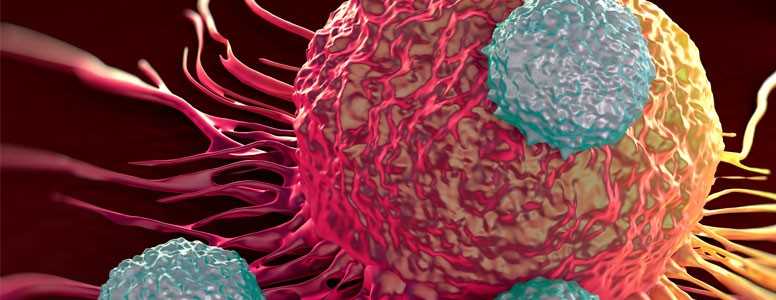Two internal clocks could regulate the proliferation of immune T cells, deployed to fight off infections or develop autoimmune diseases, by controlling their lifespan.
This discovery of how the size of an immune response is under tight control of these clocks could help inform therapies aimed at resetting the immune system in type 1 diabetes.
According to the new findings, changes in the clocks could trigger this tipping point in immunity when the immune system becomes too robust and over-respond against the body’s own cells to lead to autoimmune diseases.
In type 1 diabetes, pancreatic islets are invaded by activated T cells, which mistake beta cells as harmful invaders. When this happens, immune cells increase in number by dividing.
It turns out that the clocks allocate a certain amount of time in which the cells can divide. They also prescribe how long they live to ward off perceived threats and clear off excess immune cells out of the body.
In Nature Immunology, researchers investigate how errors in the clocks’ system that tells T cells what to do and how to do it can cause damage by unnecessarily up-regulating the body’s immune response against itself.
The team found that a protein called Myc acts as one of the T cell division clock. At the start of an immune response, T cells are given a certain amount of Myc that diminishes over time. Once there is no more Myc, no more divisions can happen.
The other lifespan clock, which guarantees clearance of excess immune cells, is a protein known as Bcl-2. This protein inhibits cell death, but as soon as it runs out, unwanted T cells undergo apoptosis and die.
This happens regardless of whether or not they’ve come to the end of their division clock, so there is a sort of multilevel security guarding against anarchic multiplication of T-cells during an immune response.
But, small genetic changes in the expression of each clock could alter responder T cell numbers and therefore healthy immune responses.
For example, it has been argued that the overexpression of both the Myc and Bcl-2 proteins can prevent the immune system from regulating autoreactive responses, and lead to the development of autoimmunity.
What's new on the forum? ⭐️
Get our free newsletters
Stay up to date with the latest news, research and breakthroughs.





